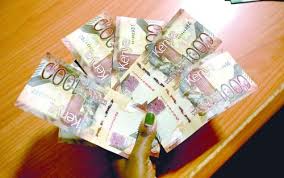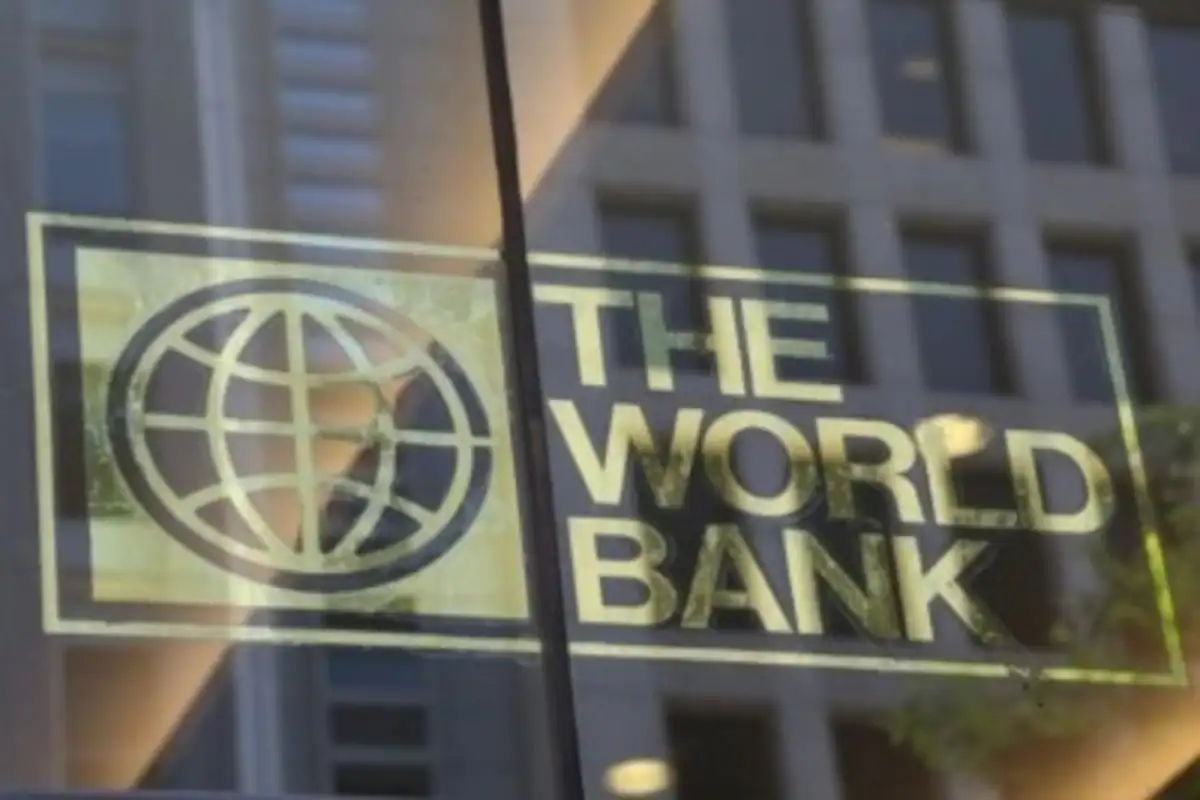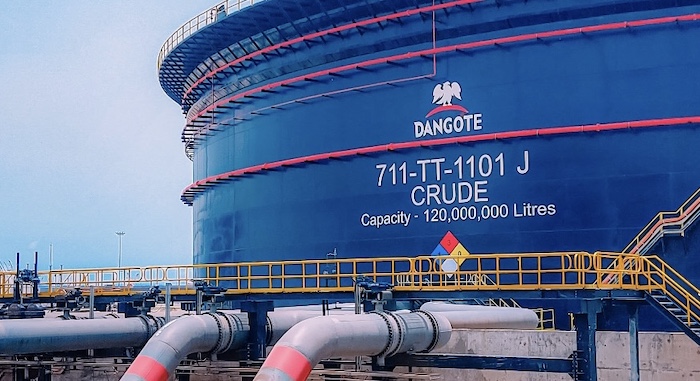Kenya will not default on its debt repayment obligations, the president’s chief economic adviser has said, as the country’s government failed to pay its employees for the first time since it gained its independence in 1963.
Most county government workers last received their paychecks three months ago, with the delay in civil service salaries being blamed on a cash squeeze caused by enormous interest payments. Kenya’s annual interest payments on domestic debt alone have surged from $1.34 billion to $5.09 billion in almost a decade, heaping pressure on its cash flow. But President William Ruto has announced that Kenya will not acquire loans to pay civil servants, even as union groups threatened to go on strike due to unpaid March salaries. On average, the Kenyan government needs $434 million to pay salaries and pension every month.
The debt burden, compounded by a weakening local currency and international market turmoil precipitated by a banking crisis, has led to speculation that Kenya could soon default like Zambia and Ghana.
“We are not insolvent. We can finance repayments.” David Ndii, the president’s chief adviser, said on Monday (10 April), stressing that Nairobi has no plans to go down the same route as Zambia and Ghana. He said default was a “very bad idea” since it would force the government to “spend the next three to four years in very protracted debt restructuring negotiations”. Ruto won a hotly contested election in August 2022, pledging to lift millions out of poverty, but he is facing challenges from the high cost of living and growing debt repayments.



